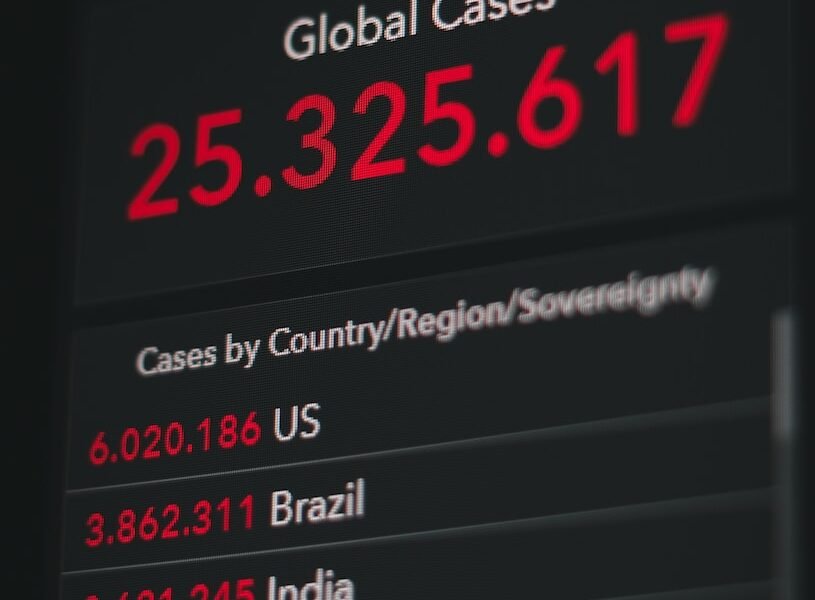In a shocking turn of events, Iran-backed Hamas terrorists launched a series of deadly attacks on Israel, claiming the lives of over 700 people. The assault, the deadliest the nation has witnessed in decades, has sent shockwaves throughout the region. In response, Israel’s government swiftly initiated airstrikes on the Hamas-controlled Gaza Strip and mobilized military reserves, while Hezbollah, another Iran-backed group based in Lebanon, expressed solidarity with Hamas, posing a looming threat on Israel’s northern border.
Global Economic Fallout Looms
The gravity of this conflict is not confined to the Middle East alone. The potential escalation of this crisis could have far-reaching consequences globally, reminiscent of the instability caused by Russia’s invasion of Ukraine nearly 20 months ago. This new wave of uncertainty threatens to disrupt international supply chains and erode economic confidence worldwide.
H2: Impact on Global Markets
The duration and intensity of the conflict are pivotal factors determining the extent of the impact. The Middle East, home to major oil producers like Iran and Saudi Arabia, also hosts critical shipping lanes passing through chokepoints at the Strait of Hormuz, Bab-el-Mandeb, and the Suez Canal. Any disturbance in this region could lead to a surge in oil prices, affecting economies and businesses across the globe. Experts like Agustin Carstens, General Manager of the Bank of International Settlements, and Karim Basta, Chief Economist at Ill Capital Management, express concerns about potential rises in oil prices, inflation, and risks to the growth outlook.
H2: Market Uncertainty and Investor Behavior
Market analysts, including Carl Tannenbaum, Chief Economist with Northern Trust, emphasize the apprehension surrounding oil prices and long-term market stability. Investors are closely monitoring the evolving scenarios, questioning whether this outbreak of violence will deviate from historical patterns of instability in the region. The conflict’s unpredictable nature raises concerns about a possible shift in the long-term economic equilibrium.
Challenges for the Federal Reserve
The crisis poses a significant challenge for the Federal Reserve, especially in the context of rising inflation. The Federal Reserve, in its pursuit of a ‘soft landing’ for the current inflationary cycle, faces the dilemma of whether to raise interest rates amidst these heightened uncertainties. Federal Reserve officials are closely observing the surge in U.S. Treasury bond yields, a potential indication of investors seeking safety in times of economic unrest.
H2: Flight to Safe Havens
Traditionally, U.S. Treasuries have been a safe haven for investors during times of economic turbulence. The current conflict could trigger a flight to safety, leading to increased demand for U.S. Treasuries. This surge in demand could subsequently lower interest rates, a phenomenon inversely correlated with bond prices. While falling interest rates often signal rising inflation, the unique context of a regional conflict may lead markets to interpret these changes differently.
In conclusion, the Middle East stands at a precipice, and the repercussions of this crisis are reverberating across the globe. The unpredictability of the situation has injected a new wave of uncertainty into financial markets, leaving investors and policymakers on edge. As the world watches and waits, the coming days will undoubtedly test the resilience of economies and financial systems worldwide.
Download our app MadbuMax on the Apple App Store for the latest news and financial tools. Interested in getting your finances in order do not forget to check Dr. Paul Etienne’s best-seller book on personal finance. To access more resources, tools, and services please click here. Also, do not forget to follow Dr. Etienne on IG or Twitter.





